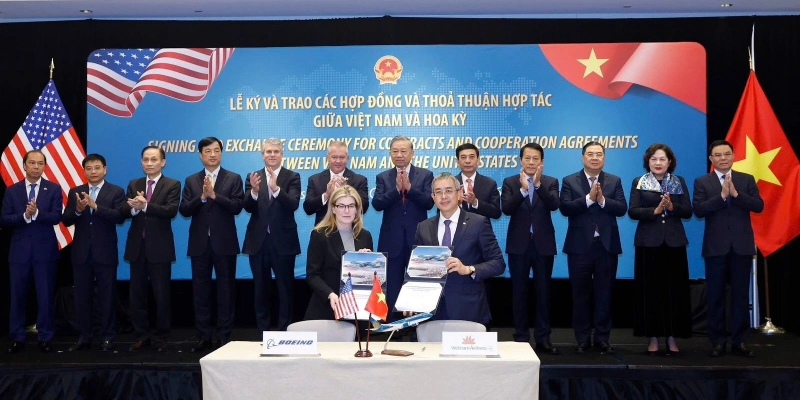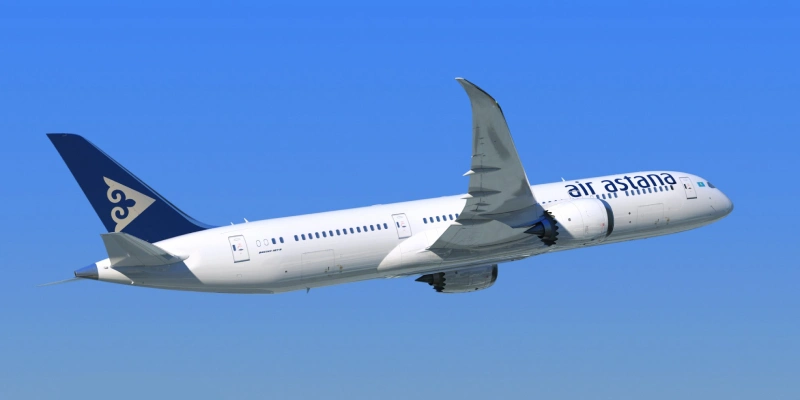Wizz Air has signed a Memorandum of Understanding (MoU) with Airbus to explore the potential for hydrogen-powered aircraft operations.
The cooperation means Wizz Air will analyse the potential for highly efficient, ultra-low-cost hydrogen powered operations. It will provide WIZZ with a much deeper understanding of how operating a zero-emission hydrogen aircraft could positively impact the airline’s future business model.
→ Airbus launches Zero Emissions Development Center in UK for hydrogen technologies.
The objective of this MoU is to identify both operational and infrastructure opportunities and challenges of hydrogen aircraft. Both parties will collaborate to develop a deep understanding of:
- The evolution of the global hydrogen ecosystem from the perspectives of society, regulation, energy pricing and hydrogen infrastructure.
- The impact of hydrogen aircraft on Wizz Air’s fleet, operations and infrastructure, including its network, scheduling, ground bases and airports, by considering specific aircraft characteristics, such as achievable range and refuelling time.
“At Wizz Air, we remain ambitious with our growth strategy to deliver on our commitment to make travel affordable for all, while delivering a great customer experience on-board one of the youngest and greenest fleets in Europe. We believe that growth and sustainability are not mutually exclusive, with leading-edge new technology paving the way to more sustainable air travel. This momentous agreement with Airbus will advance sustainable aviation across the globe through development of ultra-efficient operations and business models of the future. We are absolutely thrilled and look forward to beginning our co-operation,” Johan Eidhagen, Chief People & ESG Officer, Wizz Air said.
“Working with our customers is paramount to developing a climate-neutral, zero-emission aircraft by 2035. We are very pleased to have Wizz Air on board to collaborate on the ongoing research and development into the requirements for hydrogen aircraft operations within a hydrogen powered aviation ecosystem. Understanding airline fleet and network performance enables us to better define the architectural characteristics for a future ZEROe aircraft as well as the impact on airports, ground support and route network”, Glenn Llewellyn, Vice President Zero Emission Aircraft, Airbus said.
Related Topics
FAA and EASA Grant Initial Certification to Boeing 777-9 Simulators, Enabling Pre-Training Phase for Pilots
Vietnamese Airlines Sign Agreements for 90 Boeing Aircraft
Air Astana Finalizes Largest Order in Its History: Up to 15 Boeing 787 Jets
Boeing to Inaugurate Fourth 737 MAX Production Line in Everett by Mid-Year

Un apasionado por la aviación, Fundador y CEO de Aviación al Día.




